The Secret Life of Jungle Predators
The jungle predators are some of the strongest, most secretive, and most intelligent hunters that nature has to offer. They live deep within the depths of the jungle, where sunlight is filtered by thick canopies and the only thing that breaks the silence is a crack or a distant cry.Not only do they kill in order to exist, but their lives are also about employing strategy, patience, adaptability, and maintaining a delicate equilibrium with the ecosystem that they dominate.
1. Predators, Moving Beyond the Brutality
The image of a predator conjures up images of violence, teeth, and claws. Predators in the jungle, on the other hand, are not only strong and instinctive; they are also skilled in stealth, timing, and calculation. Rather than attacking immediately away, the tiger waits for the appropriate moment, stalks, and watches before making its move. The jaguar is able to disappear into the underbrush like a ghost, remaining silent and invisible until it launches its attack.
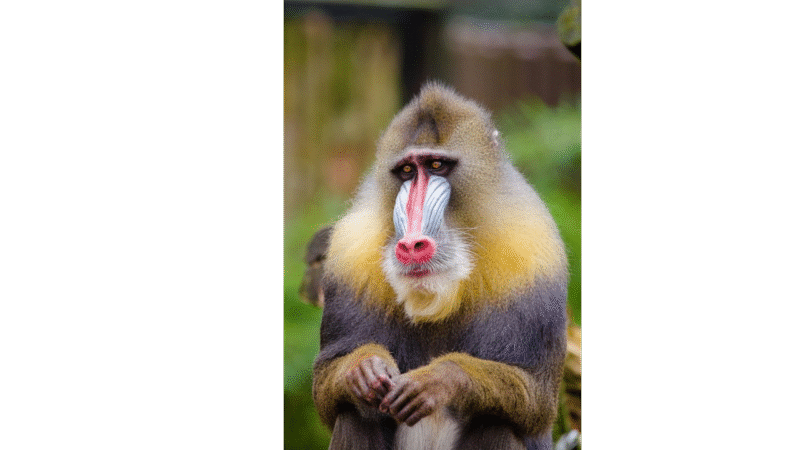
2.The Importance of Shadows and Silence in the World
The outdoors is a place where silence is a weapon. As a result of spending hours following their prey, predators learn to move stealthily. The sound of a simple cracking could tell you whether your hunt was successful or whether your stomach is empty. Their skins blend in perfectly with the patterns of sunlight, bark, and leaves since they were designed with natural camouflage in mind.
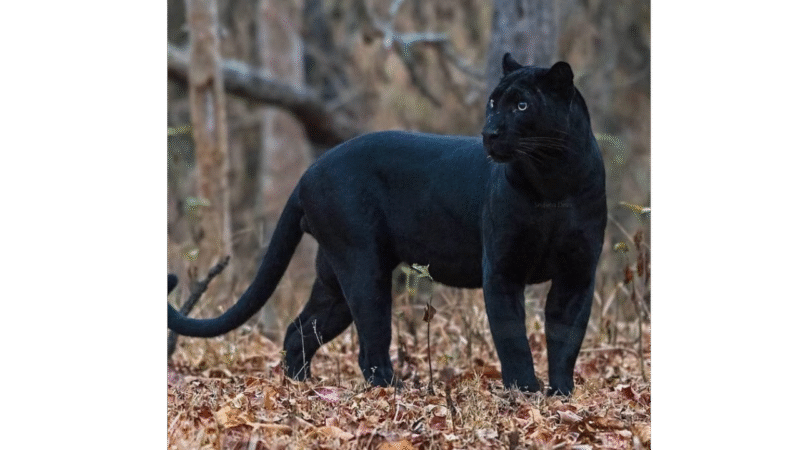
3. The Night:
The Beginning of the Actual Hunt The forest undergoes a transformation as night falls. Even as many species are sleeping, the predators are getting up. During the night, owls, leopards, and snakes thrive in the darkness. Their highly developed senses, which include night vision, the ability to detect heat, and acute hearing, provide them with an advantage in a world that is devoid of light. It is during these hours that the majority of their secrets are revealed.
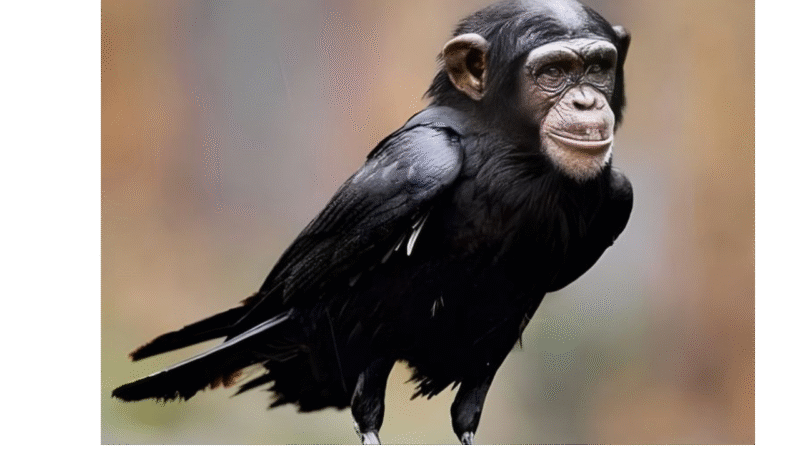
4. Information and Land Resources
Not to be confused with solitary animals, predators are cunning territorial planners. The territory of wolves in hilly places, wild dogs, and huge cats is marked and protected by these animals in an aggressive manner. Competitor area, migration routes of prey, and water sources are all things that they remember. It is even possible for some, such as chimpanzees, to arrange for group attacks and make use of tools.
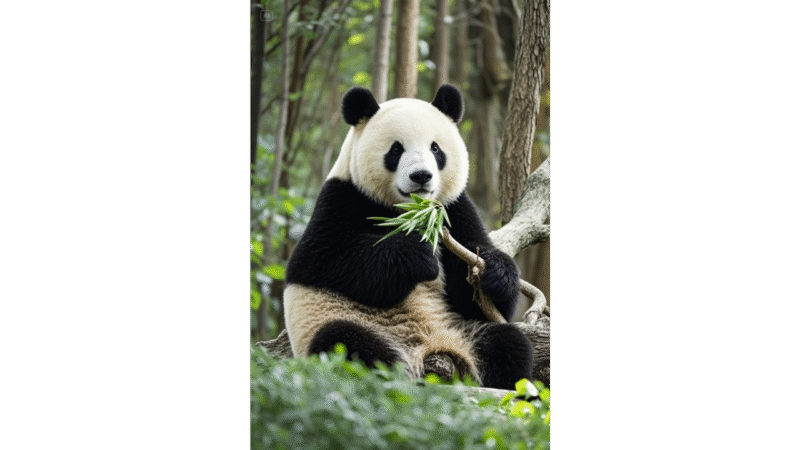
How to Strike a Balance Between Predators and Prey
Rather of hunting for enjoyment, predators hunt for balance. Every hunt has an effect on the environment. It is possible that if predators disappeared, the quantity of prey would increase uncontrollably, leading to overpopulation and the deterioration of environment. Predators contribute to the preservation of ecological balance by increasing the likelihood that only the most robust individuals will survive.
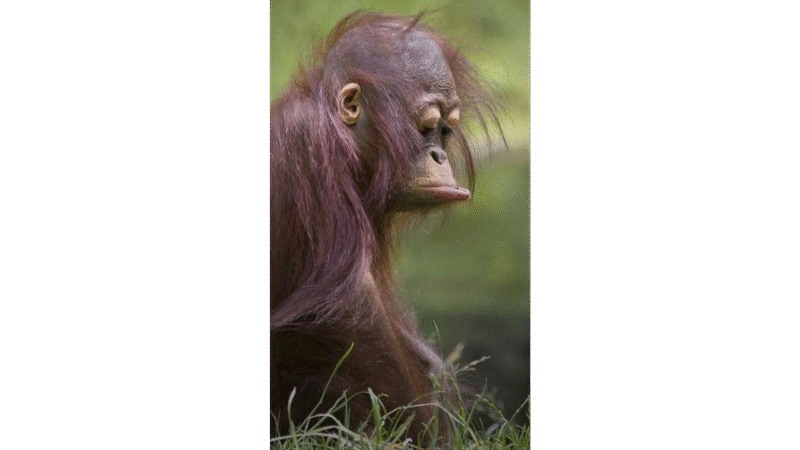
A Struggle Within Oneself
Surprisingly, jungle predators are also subject to unrelenting dangers, including as competition, sickness, human encroachment, and famine. A failed hunt will result in hunger, and a failure rate that is too high could lead to death. In order to avoid becoming prey, the cubs need to pick up their game as quickly as possible. The life of a predator is not always one of dominance; rather, it is a never-ending struggle for existence.

the mystery The Mysterious Factor That Causes the Roar
A comprehensive story of survival, intellect, and harmony is hidden behind every scream, every leap, and every action that takes place in the darkness of the jungle. The carnivores that live in the jungle are not the antagonists of the wild world; rather, they are the protectors of the wild world, quietly preserving the natural laws that have been around for centuries.
It is important to keep in mind that the next time you hear a growl in the dark or see eyes glittering among the bushes, you are not only seeing a hunter but also the silent protector of the jungle.
